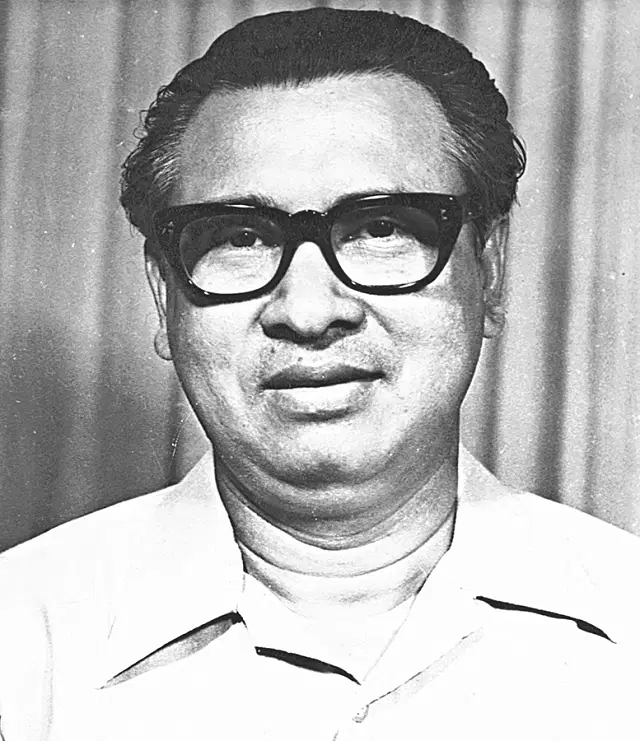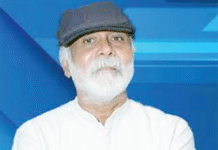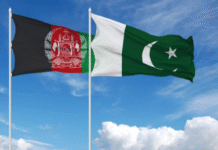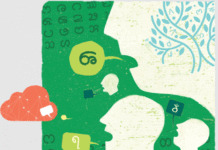
If we but listen closely, we may yet hear the resounding footsteps of Tajuddin Ahmad echoing from the hallowed halls of heroes past. Mercilessly shot and bayoneted during his unjust incarceration, Tajuddin, our nation’s first prime minister and founder of Bangladesh’s wartime government in exile, was slain 45 years ago alongside Mujibnagar government compatriots Syed Nazrul Islam, Mansur Ali and AHM Qamruzzaman.
We currently find ourselves wading through the muck and mire of increasing degeneracy characterised by wanton cases of rape and abuse of the public trust, all against the backdrop of a pandemic. A collective conscience in crisis is as much an affliction for the nation as any physical ailment. What contents can we glean from Tajuddin’s heart in helping heal Bangladesh?
In Tajuddin’s conception of leadership, privileges were not meant to be acquisitively coveted or exploited. They were meant to be directed toward the public welfare and those most in need.
In Tajuddin’s conception of leadership, privileges were not meant to be acquisitively coveted or exploited. They were meant to be directed toward the public welfare and those most in need. In fact, in the current era where one can be hard-pressed to find the virtues extolled by public figures reflected in their private lives, Tajuddin by contrast was remarkably congruent. Loathe to vain practices, diary entries going back to the era of British India demonstrate him eschewing even simple birthday celebrations for day-long public service and meetings.
Service must necessarily have been sacred to him. You see, “sacrifice” implies becoming diminished in some sense. I do not believe Tajuddin could have channeled the will of the people of nascent Bangladesh to overcome the seemingly insurmountable obstacles the way he did without deriving immense purpose, and dare I say, spiritual fulfillment from what he did. His service was simply his way of life, his service reflected his heart.
Examining his more private moments, how many in their adolescence would otherwise choose to spend their leisure time picking the brains of four imprisoned anti-colonialist revolutionaries in pursuit of actionable intellectual edification, and then go on to finish reading their large stack of recommended books? How many kids would trade idle play or gossip to tend to the needs of outcast cholera victims, and enlist their mother’s support in cooking to feed them? Renowned among his peers as a peacemaker, young Tajuddin would even stand up for the wronged at the risk of his own status or well-being. His acutely sensitive heart remained his defining feature into adulthood. My mother often recalls how she spied upon him from a distance silently weeping over a bird that died during a terrible storm.
Tajuddin’s star shone the brightest, in fact, during the darkest, bloodiest days, where he had to reassemble and reorganise the scattered leadership. Achieving victory would not confer upon him any of the glory, but defeat would certainly spell doom for him and the fledgling nation.
Tajuddin’s understated nature with those in subordinate position to him belied the steely forthright resolve with which he would confront those in power. This reputation preceded him in such a way that Zulfikar Ali Bhutto, fearing Tajuddin’s prowess, did not participate in a public debate with him over the Awami League’s 6-points programme of 1966. Author SA Karim favorably compares Tajuddin’s adeptness for organising the Awami League’s civil disobedience campaigns with that of Mahatma Gandhi’s. The golden era of Bengali politics truly reminds us how unapologetically altruistic that generation was. Power was not coveted for its pretentious trappings.
When we choose to forget the best among us, we choose to forget the best within us. We are all Tajuddin. A people without a history cannot claim an identity. And a people without an identity cannot claim a future.
Tajuddin’s stewardship helped secure Bangladesh’s liberation in 9 months, prevented further genocide, and helped free Bangabandhu Sheikh Mujibur Rahman from Pakistan’s captivity. Tragically the hostile elements opposed to Tajuddin’s government would manoeuver their way into the center of power, and the rest, as they say, is history.
At the outset Tajuddin had declared the fight for Bangladesh’s freedom to be the province of the students, the farmers, and the laborers. The common individual had a stake in their own country and future. He implored the freedom fighters, “Let us work in such a way so that we cannot be found in the pages of history.” How prescient! We must, however, rediscover our heroes for own sake. When we choose to forget the best among us, we choose to forget the best within us. We are all Tajuddin. A people without a history cannot claim an identity. And a people without an identity cannot claim a future.
Taj Iman Ahmad Ibn Munir is the grandson of Tajuddin Ahmad and founder of Jaagoron: a transformative movement for peace and unity. He is also the host of “Quest and Conquest Podcast.” Jaagoron@awakenbangladesh.org.









